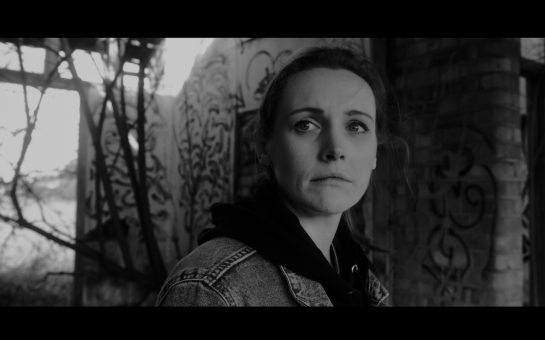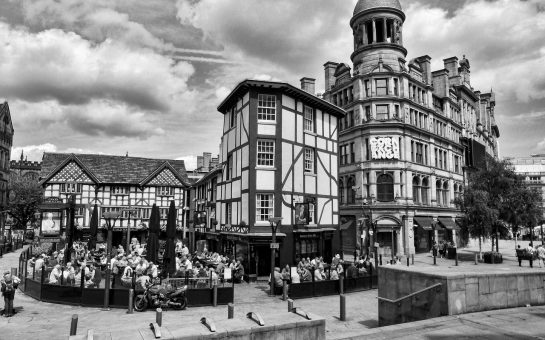The new Netflix film ‘Joy’ brings exactly that to our screens as it documents the birth of IVF in Greater Manchester’s very own Oldham.
Based on a true story, the biographical drama is one of Netflix’s latest additions to the platform. It follows Dr Robert Edwards (James Norton), Jean Purdy (Thomasin McKenzie) – nurse and embryologist, and surgeon Dr Patrick Steptoe (Bill Nighy) as they trial the first IVF treatments in a dilapidated wing of Oldham’s Dr Kershaw’s hospital in the late 60s.
The first half of ‘Joy’ unites the three protagonists in their mission to provide women facing fertility issues with a child. It portrays the frustrations of the initial failures of the IVF trials – to no one’s disbelief, the method of fertilising an egg outside of the body, and then implanting back into the uterus is not exactly smooth sailing.
So, as we are introduced to the first group of women in the trial – who fondly dub themselves as the ‘Ovum Club’, our heartstrings are tugged dramatically as we watch them battle with heart-wrenching ectopic pregnancies and miscarriages as a result of the failed implantations.
And as if this was not enough to stir our emotions, McKenzie’s heartbreaking performance documents Purdy’s own struggles with endometriosis and her inability to have children herself. Which seemingly only strengthens her resolve to help other women suffering from infertility.
But it can only be described as immense sadness for the characters as they watch their first successful candidates go through the pain of losing their chance to have a child, and as a result they briefly put their IVF trials on pause – but for the real-life Edwards, Purdy and Steptoe this did not deter them.
In actual fact, aside from the difficulties with the trials themselves, the film documents the pure grit and determination it took to push through the backlash from the mainstream media and general public.
We can now look back at Edwards, Purdy and Steptoe as pioneers, but ‘Joy’ presents not only the religious push-back that the three faced – with allegations that they were ‘playing God’, but the deep fear that IVF babies would be born with abnormalities or severe deformities.
Branded as sinners, the characters in ‘Joy’ face their own struggles with the mainstream media, family life and the Church as they push the boundaries of fertility.
For ten years, scepticism was rife – but then, in 1978 the first IVF baby Louise Joy Brown was born at Oldham Hospital.
In a feat of genius and perseverance to help bring new life, a new approach to fertility was unlocked and accepted by the public thanks to the hard-work of Edwards, Purdy and Steptoe.
A proud moment for Mancunians as Netflix’s ‘Joy’ shows the evolution of IVF in our very own Greater Manchester, and to commemorate their amazing work there is even a plaque dedicated to three’s life-changing work outside of Oldham’s Dr Kershaw’s Hospital.
So as the film ends we are left with the image of three smiling faces dressed in scrubs and one small baby. But the closing epilogue leaves us with one lasting number – 12 million. The number of babies born via IVF worldwide.
Main image courtesy of freestocks.org




